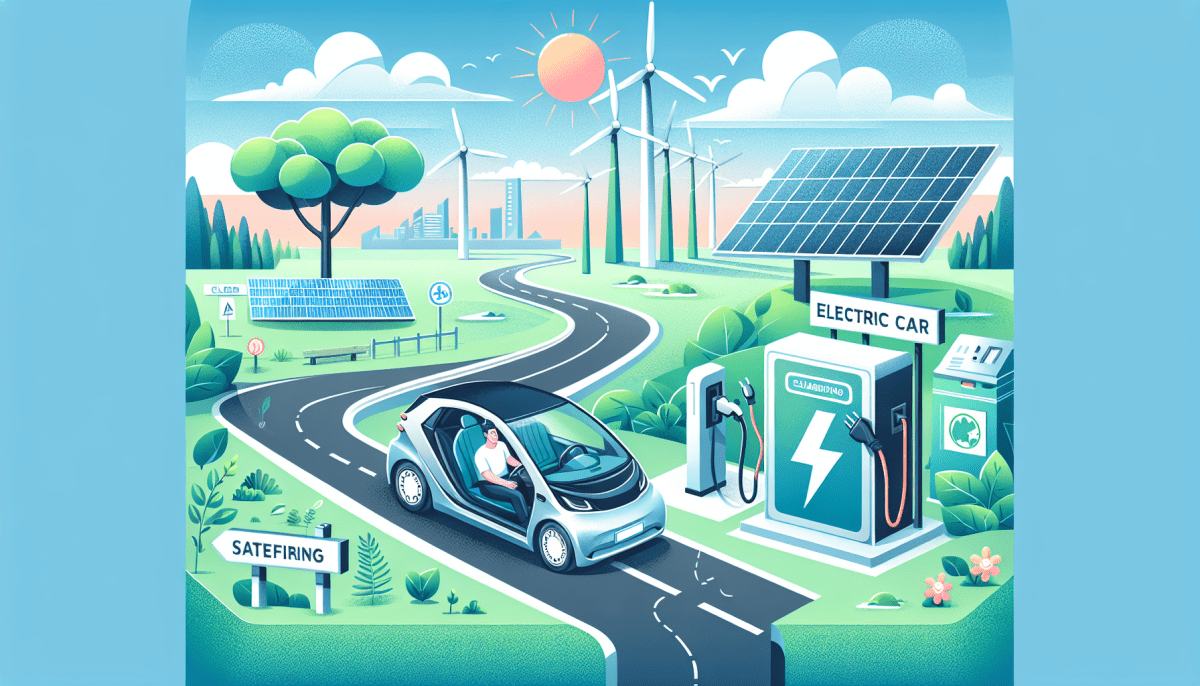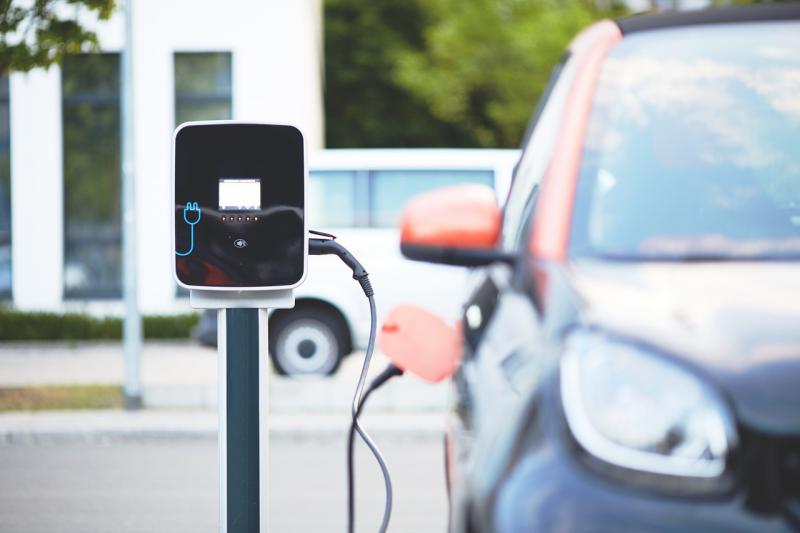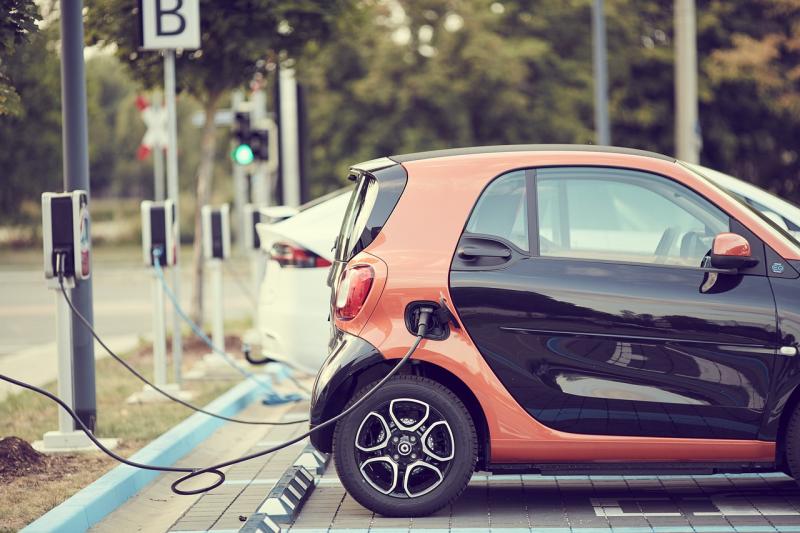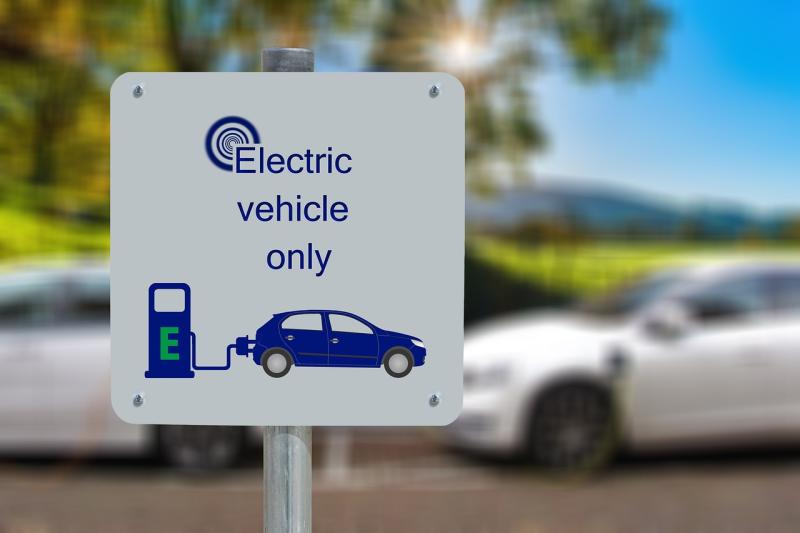Choosing green energy for driving offers a multitude of benefits that go beyond just saving money. One of the most significant advantages is the positive impact on the environment. Traditional gasoline and diesel vehicles contribute to air pollution and greenhouse gas emissions, which are key contributors to climate change. By opting for electric or hybrid cars powered by renewable energy sources, you can reduce your carbon footprint and help combat global warming.
Moreover, using green energy for driving promotes a cleaner and healthier community. Electric vehicles (EVs) produce zero tailpipe emissions, drastically improving air quality in urban areas. This leads to fewer respiratory issues and health problems associated with pollution, benefiting everyone, especially children and the elderly. Additionally, cities that embrace green transportation options often see an increase in public health and well-being.
Financially, green energy for driving can lead to significant savings over time. While the upfront cost of electric vehicles can be higher, many governments offer incentives like tax credits and rebates to make the transition more affordable. Once you own an EV, you'll also benefit from lower operating costs, including cheaper charging rates compared to gasoline prices and reduced maintenance costs, as electric vehicles generally have fewer moving parts.
Lastly, choosing green energy aligns with a growing trend towards sustainable living. As more people become aware of climate issues and seek eco-friendly solutions, driving a vehicle powered by renewable energy showcases your commitment to a sustainable future. It's not just about getting from point A to point B; it's about making a statement and being part of a movement that values the health of our planet.
Simple Steps to Go Green
Going green doesn't have to be complicated! With just a few simple steps, you can make a positive impact on the environment while enjoying the benefits of clean energy. Start by assessing your current energy consumption. Take a moment to track how much electricity you use in your home. This will help you identify areas where you can cut back and make changes that lead to greater energy efficiency.
Next, consider switching to energy-efficient appliances. Look for products that have the ENERGY STAR label, as these are designed to use less energy and reduce your carbon footprint. You’d be surprised how much of a difference it makes when you upgrade your old appliances to modern, eco-friendly models. Not only do they help the environment, but they can also save you money on your energy bills.
Another easy step is to incorporate renewable energy sources into your home. If possible, invest in solar panels or subscribe to a local green energy program. These options allow you to harness the power of the sun and reduce your reliance on fossil fuels. Even small changes, like using solar-powered garden lights, can contribute to your green living goals.
Lastly, embrace simple energy-saving habits. Turn off lights when you leave a room, unplug devices when they're not in use, and use natural light whenever possible. Small adjustments to your daily routine can lead to significant energy savings over time. By taking these straightforward steps, you’re not only going green but also paving the way for a cleaner, healthier planet.
Benefits of Clean Energy for All
Clean energy offers a host of benefits that can enhance our lives and protect our planet. By using renewable sources like solar, wind, and hydropower, we can reduce harmful emissions that contribute to climate change. This shift not only helps to purify the air we breathe but also decreases health risks associated with pollution. As a result, communities that adopt clean energy practices often experience lower rates of respiratory illnesses and other health issues.
In addition to improving air quality, clean energy can lead to significant economic growth. Investing in renewable energy technologies creates jobs in manufacturing, installation, and maintenance. These green jobs provide opportunities for local economies to thrive and foster innovation. By supporting clean energy industries, we can ensure a sustainable workforce and contribute to long-term economic stability.
Furthermore, clean energy promotes energy independence. Relying on domestic sources of energy reduces our dependence on fossil fuels, which are often imported from other countries. By harnessing the power of renewable energy, communities can generate their own electricity and stabilize energy costs. This self-sufficiency also enhances national security, as it minimizes the risks associated with fluctuating oil prices and geopolitical tensions.
Finally, clean energy contributes to a sustainable future for the next generations. By transitioning to renewable energy sources, we are making a commitment to protecting our environment and preserving natural resources. This commitment not only ensures a healthier planet but also sets an example for future generations on the importance of sustainability and responsible stewardship of our world.
Tips to Maximize Your Green Driving
First, consider your driving habits. Smooth acceleration and gentle braking can significantly improve your vehicle’s fuel efficiency. Avoid heavy acceleration and try to anticipate stops, so you can coast whenever possible. By driving at a steady speed and using cruise control on highways, you can also reduce unnecessary fuel consumption.
Next, keep your vehicle well-maintained. Regular oil changes, tire pressure checks, and air filter replacements can help your car run more efficiently. Under-inflated tires can increase rolling resistance, causing your engine to work harder. Make it a habit to check your tire pressure at least once a month to ensure optimal performance.
Finally, lighten your load. Extra weight in your vehicle can reduce fuel efficiency, so remove unnecessary items from your car. Additionally, if you have roof racks or storage units that you’re not using, take them off to reduce wind resistance. These small changes can lead to noticeable improvements in fuel economy.



